lend me ur eyes 080
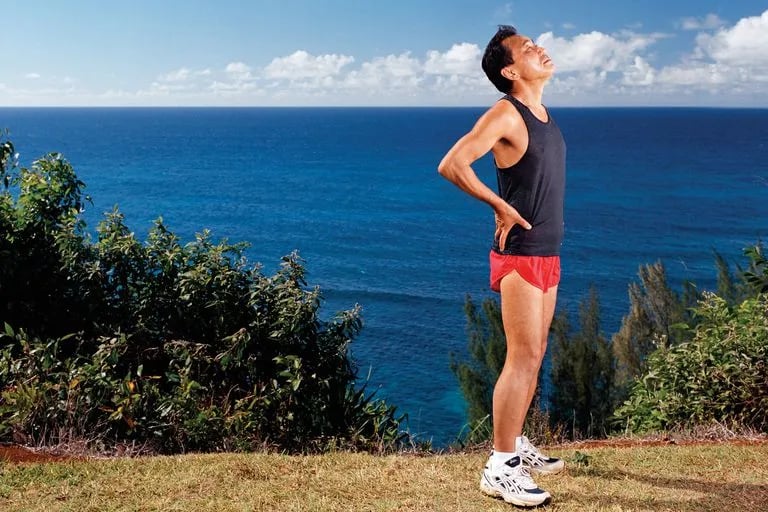
“I’m the kind of person who likes to be by himself. To put a finer point on it, I’m the type of person who doesn’t find it painful to be alone. I find spending an hour or two every day running alone, not speaking to anyone, as well as four or five hours alone at my desk, to be neither difficult nor boring.” - Haruki Murakami, What I Talk About When I Talk About Running
I’ve been running more, and, after ten (?) consecutive years of unsuccessfully trying to make the habit stick, it seems maybe that it is finally starting to happen, if only in a casual fashion: a few runs a week, a few kilometres in distance. I’ve always liked the idea of running, but never managed to actually enjoy it. I remember reading that Haruki Murakami book when I was about eighteen, and finding his descriptions of running very romantic, if not always entirely unbelievable. Being charitable you could say his description of it read differently to my lived experience. But being less generous you might accuse him of using poetic license to the point of being disingenuous. I still don’t enjoy running. The actual act is fairly boring. But I feel good after doing it, and, in turn, that makes me want to do it again. And therein, hopefully, forms a habit.
Obviously it’s better in the summer, but there is something fun about a miserable winter run too, dragging yourself out there despite your whole body telling you it does not want to, winning a small war against yourself. On these last few beautiful summer runs, I have been finally getting something: not that mythical “runner’s high” that people often talk about, but just some vague experience of contentment. Jogging round local streets, I see several cats, often at the same sites: guarding a doorstep, crawling under cars, or sitting perched on a pillar at the end of a driveway. The other day, I ran a few laps past a fox in the park. By the second or third loop, he had found a partner. They sat next to each other, looking at me with bemused and wary expressions, presumably wondering why I was endlessly going round in circles and when I would stop. I stumbled across this interview with the writer Hua Hsa about running the other day, and I was shocked to read he ran without music. I cannot imagine doing that. One thing I like doing when I have a bit of space is looking directly up rather than forward, gazing at the cloud formations and the sky’s curvature, and examining the tower blocks and other structures that stand between the sky and the ground beneath me. When you do this, you can forget for a second you are running; you feel the feet under you, stomp-stomping the earth one then the other like the athlete avatar in Bennett Foddy’s QWOP. The Hsu interview had a passage on something like this. He says that “mostly, it’s nice to not be on my phone. It's nice to just not think. My mind is just a machine for my body or whatever the metaphor is. I’m just trying to not fall over.” Picking up the Murakami book again and skimming parts to see what has changed in my mind between eighteen and thirty three (as usual, alarmingly little), I did still like this one passage. “For me, running is both exercise and a metaphor. Running day after day, piling up the races, bit by bit I raise the bar, and by clearing each level I elevate myself. […] I’m no great runner, by any means. I’m at an ordinary – or perhaps more like mediocre – level. But that’s not the point. The point is whether or not I improved over yesterday. In long-distance running the only opponent you have to beat is yourself, the way you used to be.”
LISTENING
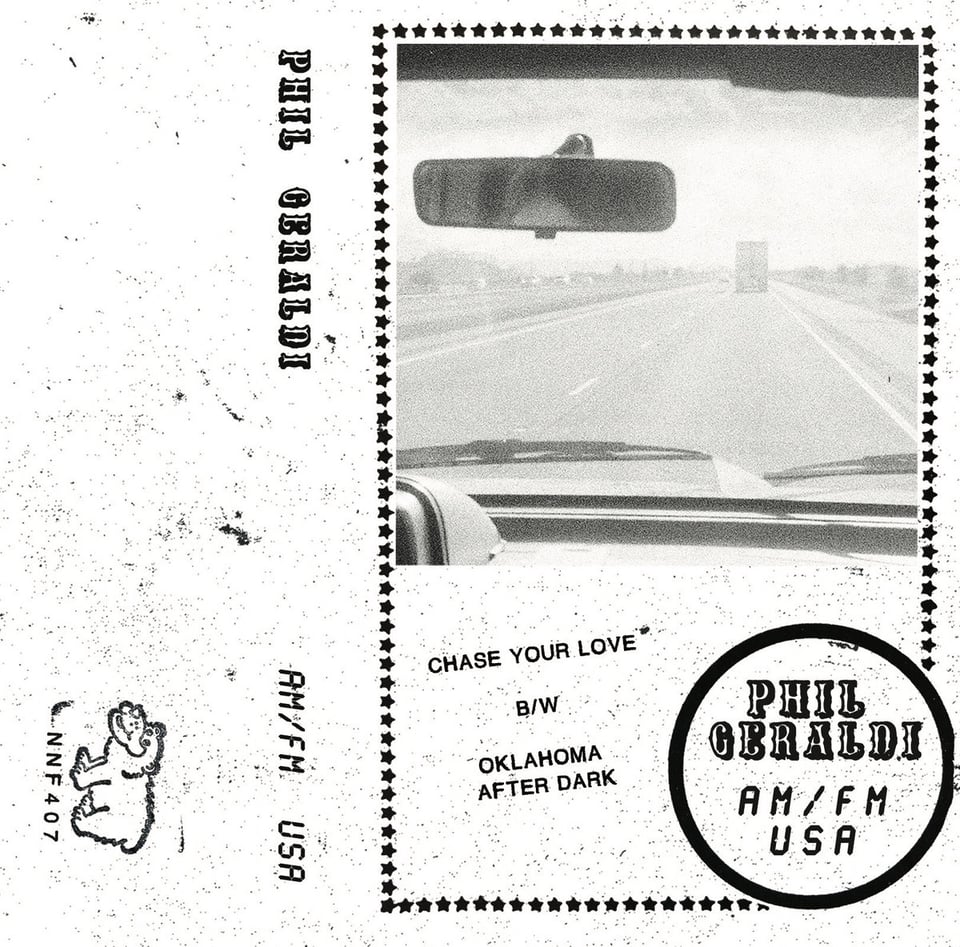
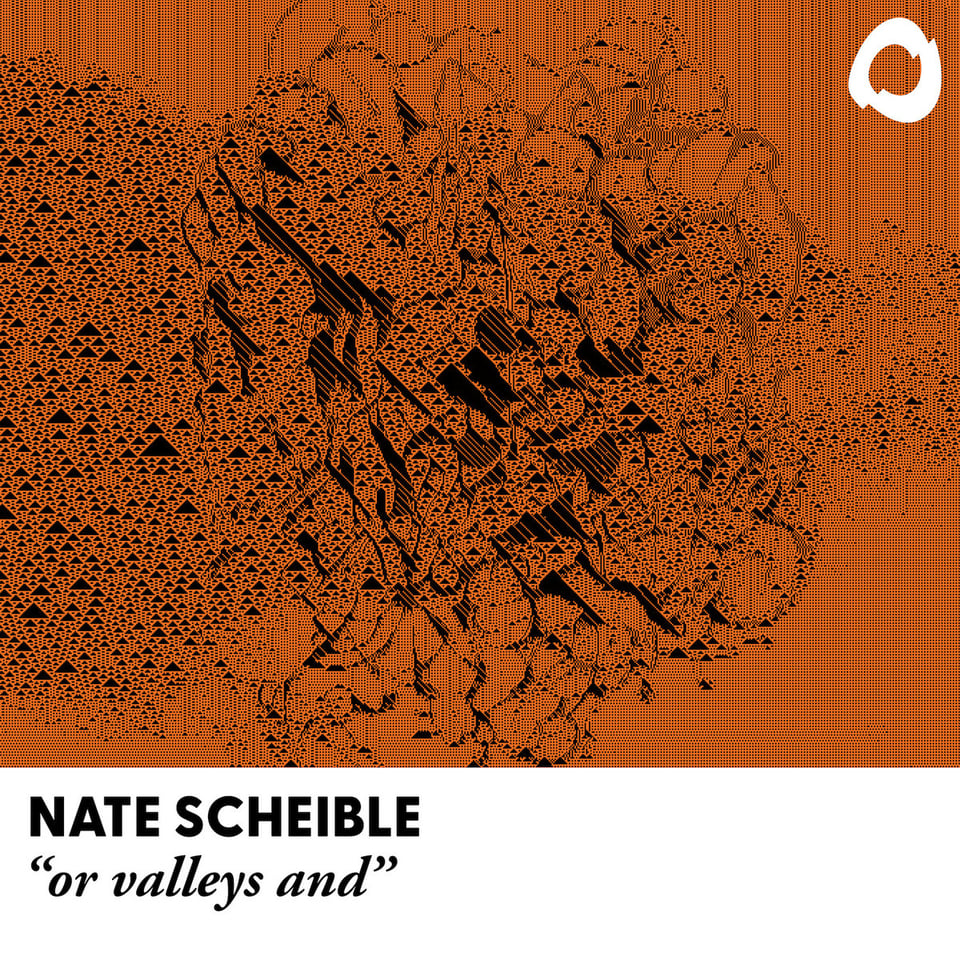
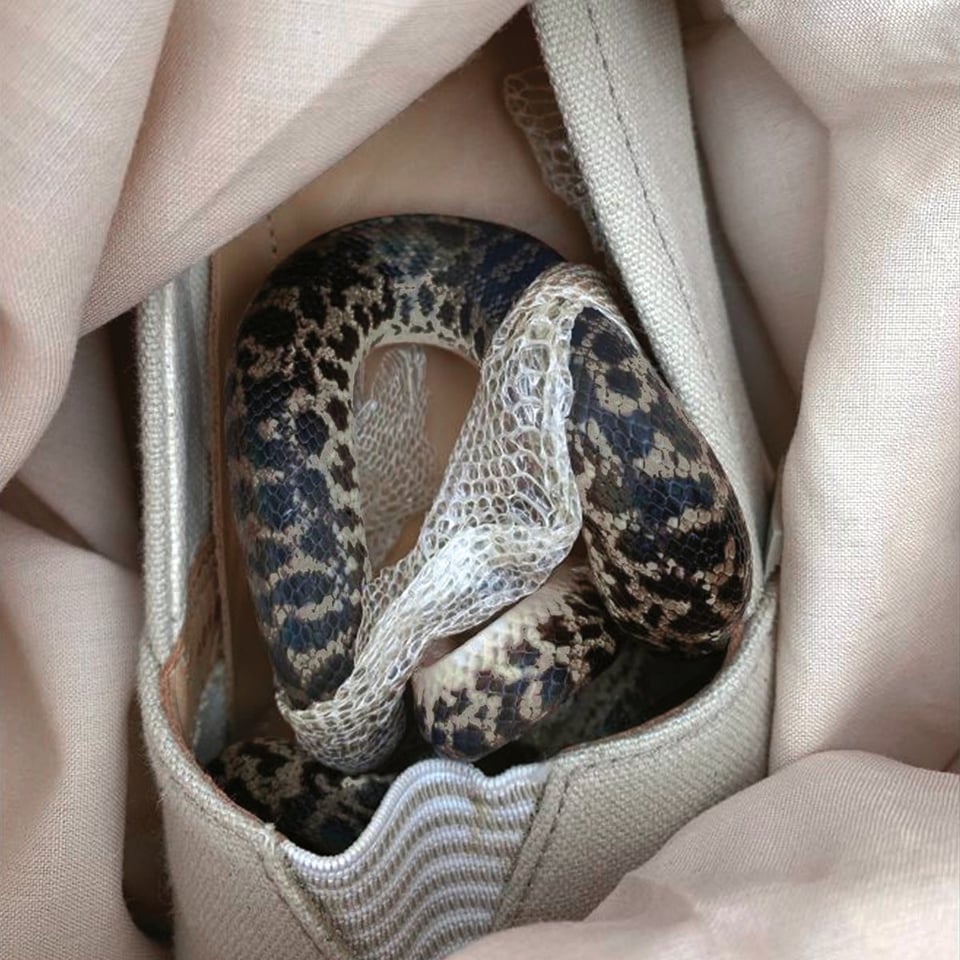
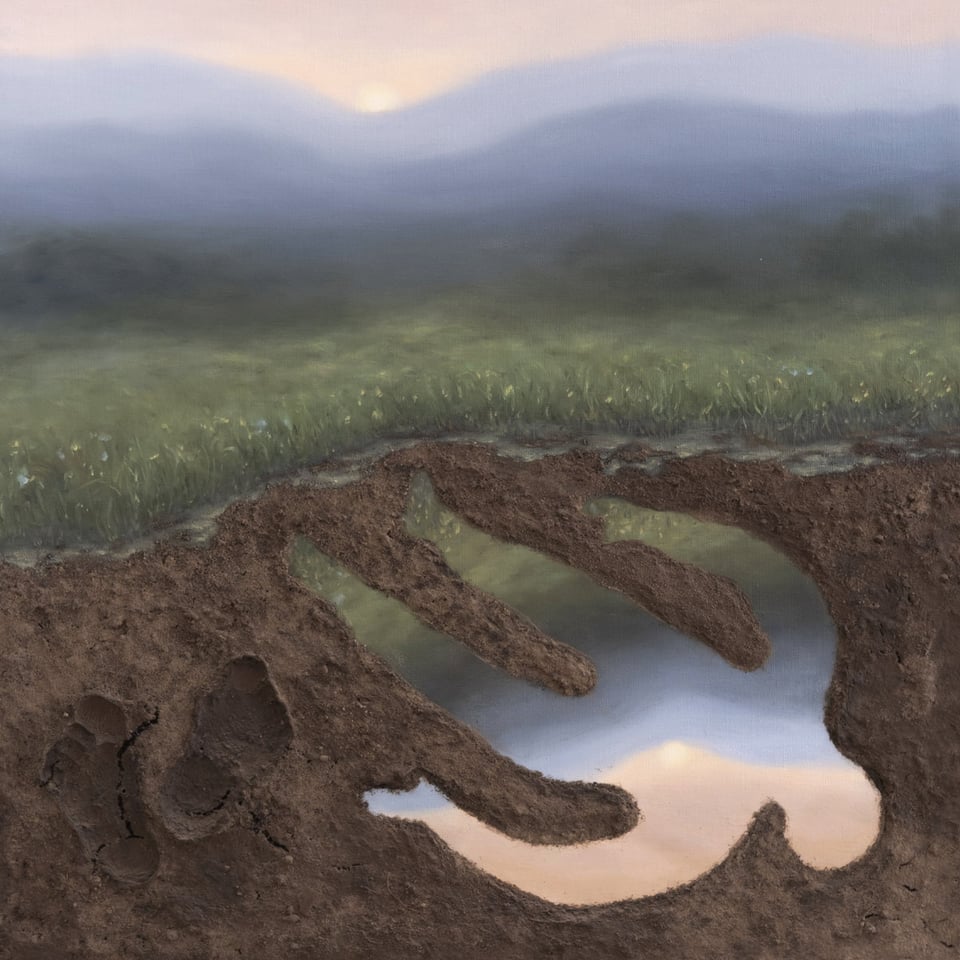
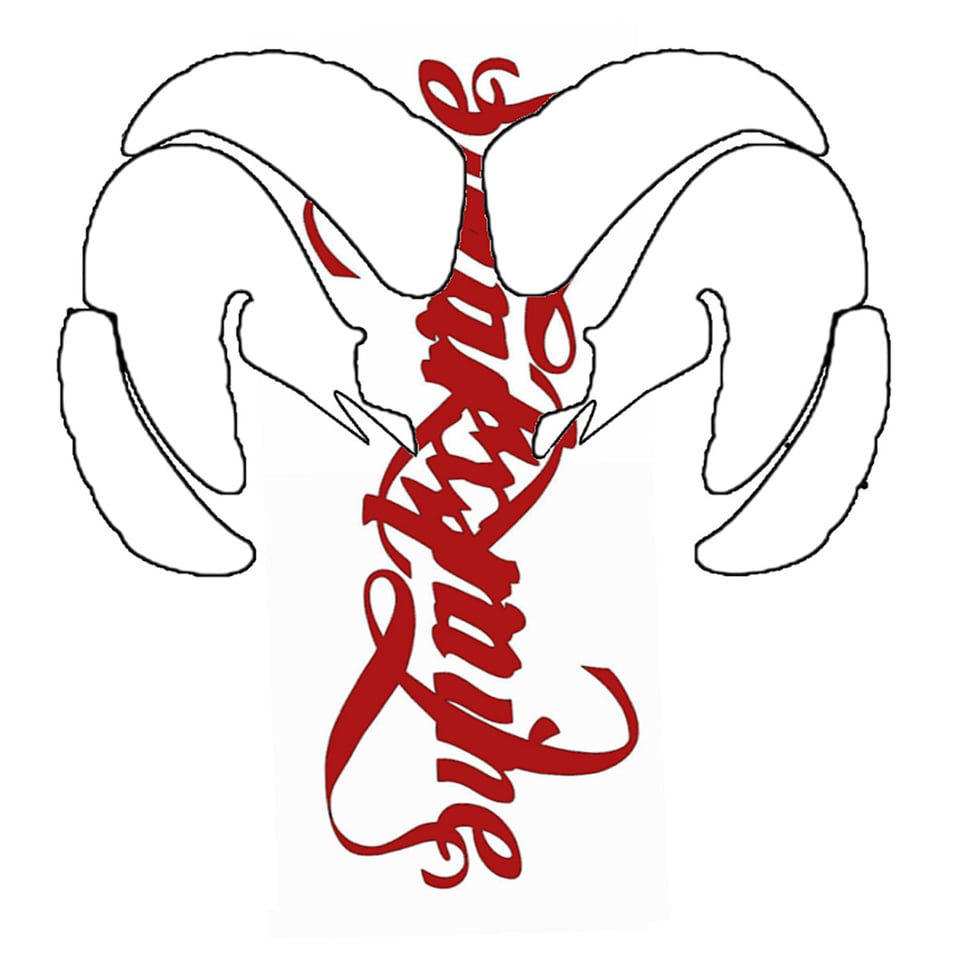
I listened to an episode of Tom Lea and Chai Ravens’ No Tags podcast the other week, where they rounded up their favourite music of 2024 so far with guest Henry Bruce-Jones. It was very insidery, but useful for catching up on some of the year’s bigger releases. It also put me onto this writer, Miles Bowe, whose monthly Bandcamp column is a great place to find some weirder stuff. I found a few bits from there and other sources, which I’m listing here. The absolute best was Phil Geraldi’s AM/FM USA, two twenty-minute-long compositions featuring “collages of radio static, pedal steel, crickets, and great plains haze” inspired by various long bi-coastal drives.” As the promo notes say, “the music moves between lost highway melancholia and truck stop concrète.” Perfection. I like Nate Scheible’s music, and his latest release, or valleys and, a 17-minute-long tape thing made of 12 short tracks, is featherlight and backgroundy, but really nice. “At its core,” the notes says, “is a suite of seven pieces with lengths averaging around 35 seconds, each named ‘stray,’ where various instrumental elements participate in brief, but evocative, conversations.” Also on the spectrum of ambient and gentle are paris paris, texas texas by more eaze, pardo, and glass, a “strikingly cinematic tapestry of americana, resampled guitars, glistening electronics, subtle field recordings and processed vocals,” and Žaltys, by Raphael Rogiński, a lovely, shimmering, continuously interesting album of electric guitar, piano, and voice. Lastly, I am liking alma blindada by nudo. It’s a collection of “corridos,” which, from what I understand, is a Mexican ballad tradition that historically was used to tell stories of oppression and violence. This contemporary reinterpretation reworks the format to muse on cartel violence, or, to borrow nudo’s words, “the geographic and cultural entropy caused by people and their lives and their toil and their pursuit of money and power and joy.” This might sound a bit conceptual, but they stress these are “songs” and not “world-building exercises.” It’s true.
WATCHING
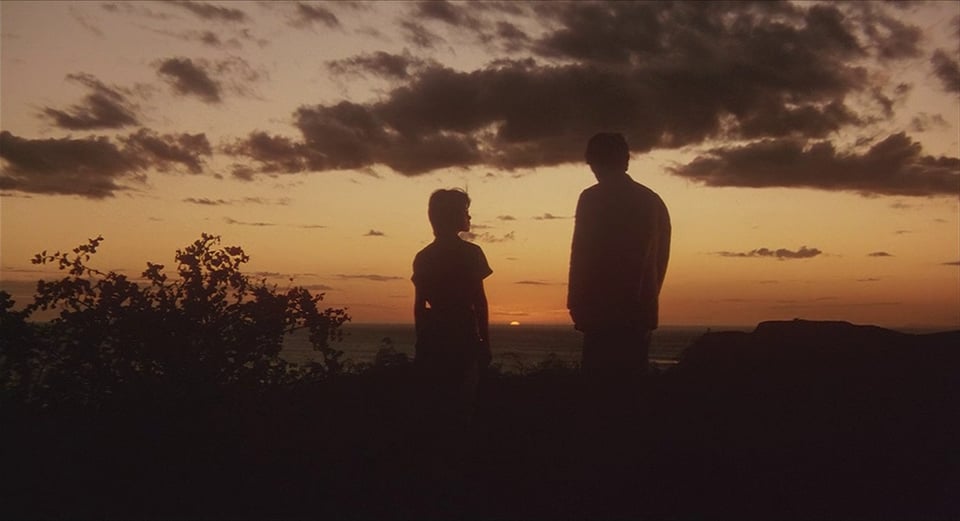
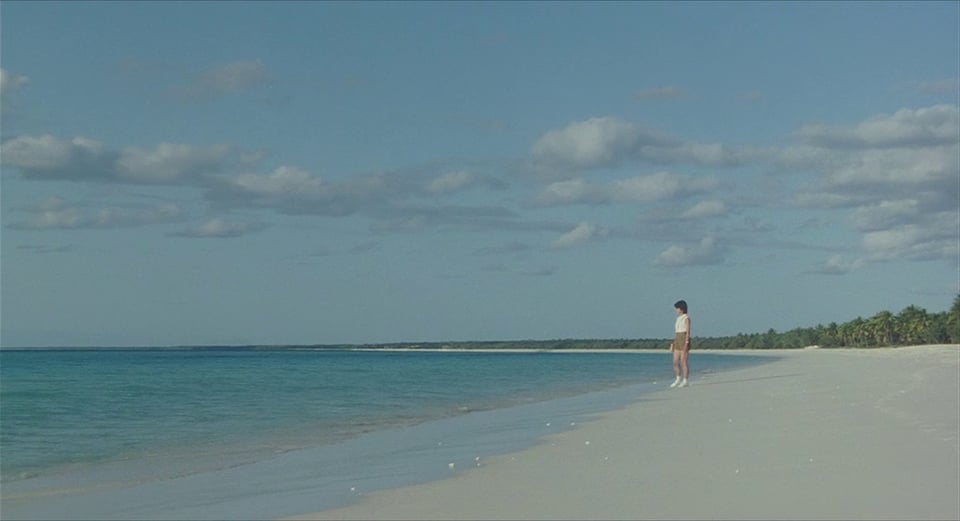
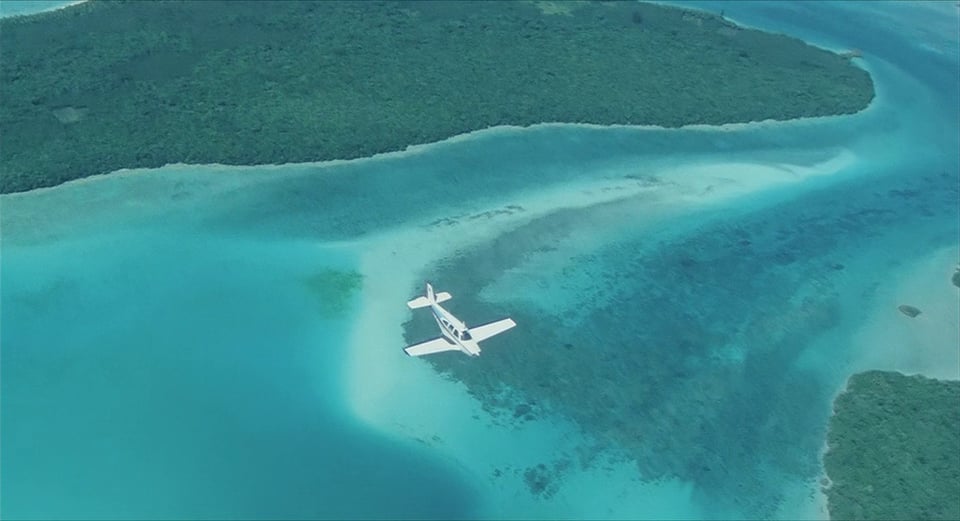
We started a “download club” with JH and JJ, picking a filmmaker, voting together on three films by them to watch, and then watching the work separately at home and sharing thoughts on it after. The first filmmaker was Nobuhiko Obayashi. The selected films were School in the Crosshairs (1981), The Island Closest to Heaven (1984), and The Rocking Horsemen (1992), all of which are viewable on Internet Archive, alongside seemingly much of Obayashi’s work. I really like Obayashi. You never know what you are going to get, but you know it’s going to be worthwhile. And you definitely aren’t going to be bored. Of the three, I got the least out of School in the Crosshairs, which sort of washed over me, one odd but sort of inscrutable scene after another, through to that big crescendo where everything warps to a very weird and wacky place. I liked The Island Closest to Heaven a lot more. With the New Caledonia setting, it’s one of the most relaxing, summery films I’ve ever seen. Just one pleasant, colourful scene after another, all the way through to a truly touching closing act. The Rocking Horsemen was also great. A straight film as far as Obayashi goes perhaps, with no crazy FX, metatextual exercises, or surrealism, just a nice, albeit slightly too long, coming-of-age story about four friends forming a band. Teens getting together to make a band seems to be a winning formula, and this is a particular great treatment of that format, with great characterisation and plotting, a really nice setting, and a genuine and heartfelt affection for the music that makes it stronger than most films of this type. Obayashi was just a really great filmmaker, and was seemingly a great person too. Related: I recently wrote something on his film Beijing Watermelon (1989), which I would also recommend.